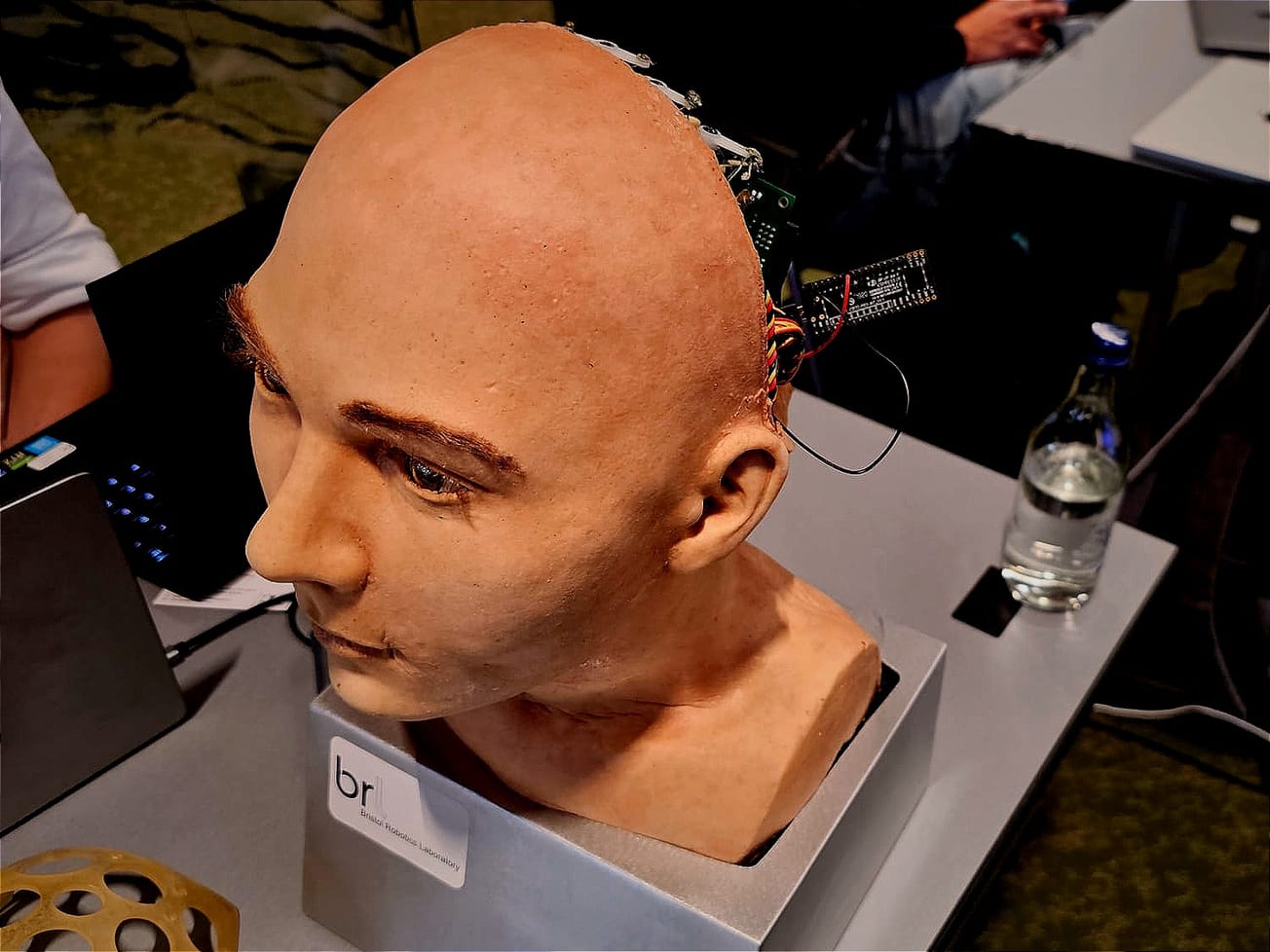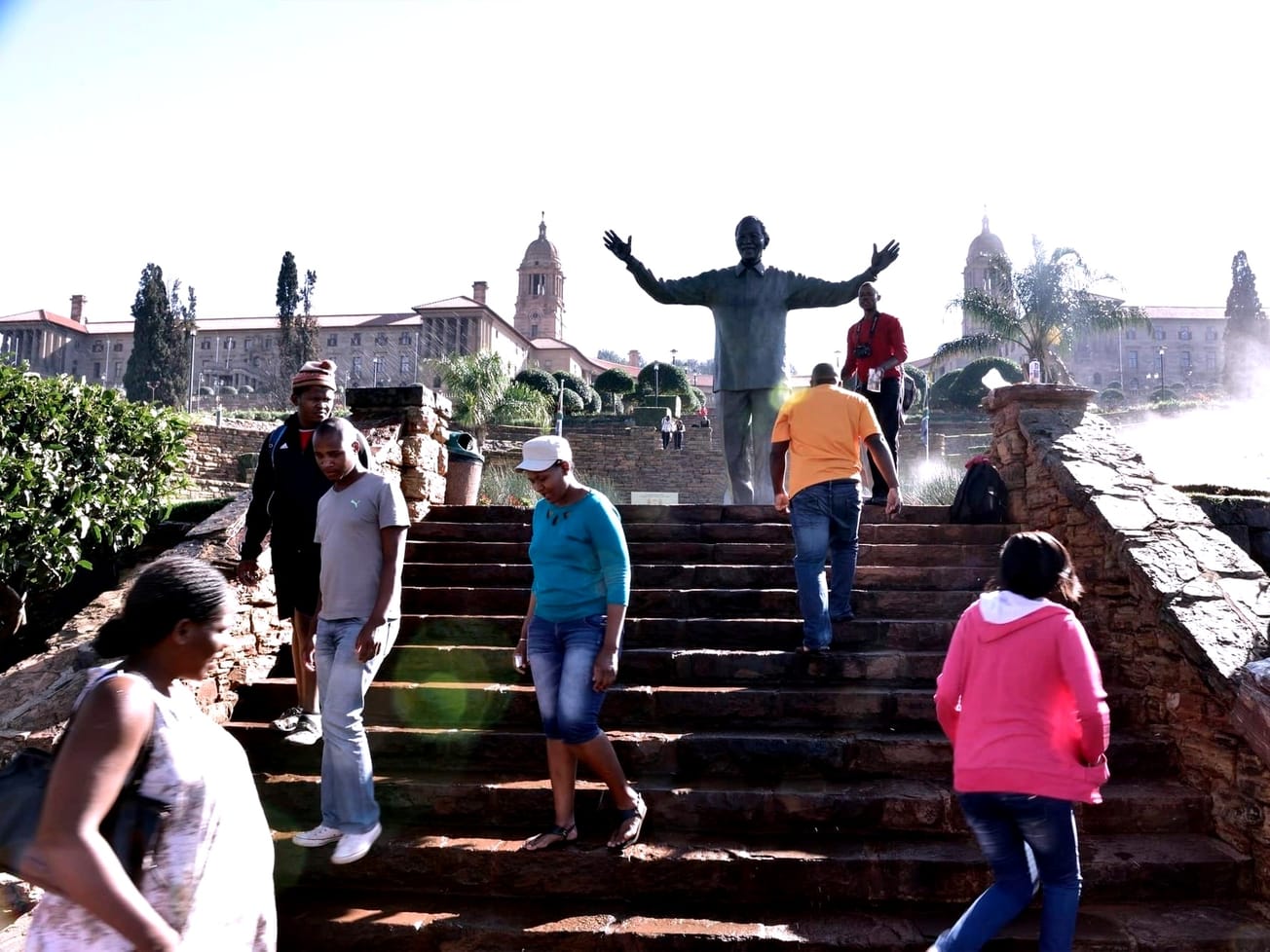GENEVA (AN) — U.N. human rights investigators urged a special inquiry on Wednesday into Saudi Crown Prince Mohammed bin Salman's alleged role in hacking the phone of Amazon CEO and Washington Post owner Jeff Bezos.
The investigators, Agnès Callamard and David Kaye, said they were "gravely concerned" that Bezos' iPhone X was hacked from a WhatsApp account belonging to the crown prince in 2018 and digital spyware was installed that enabled surveillance of Bezos and his contacts.








